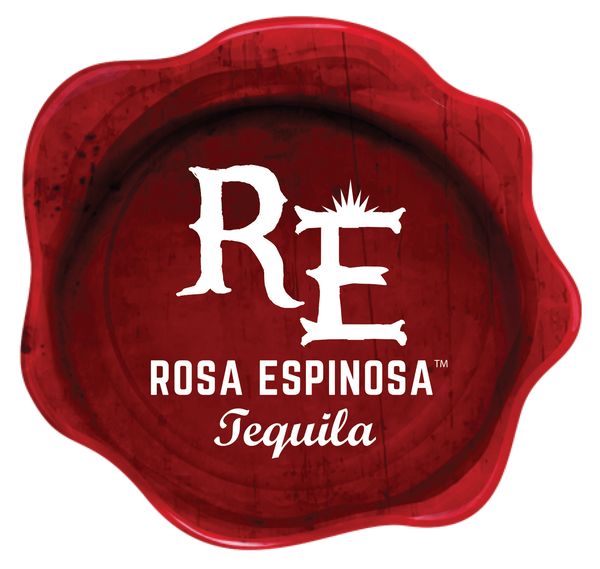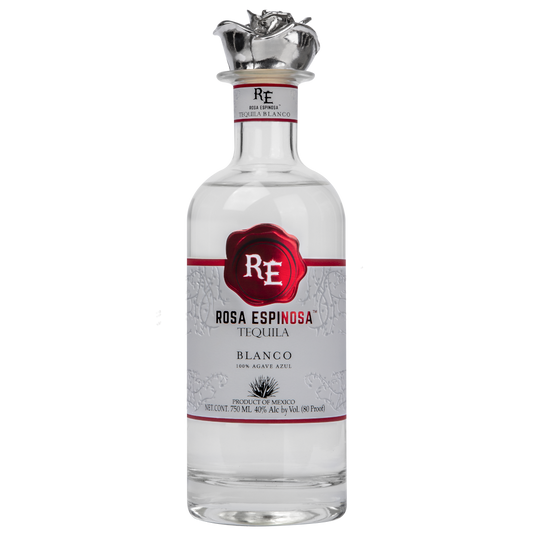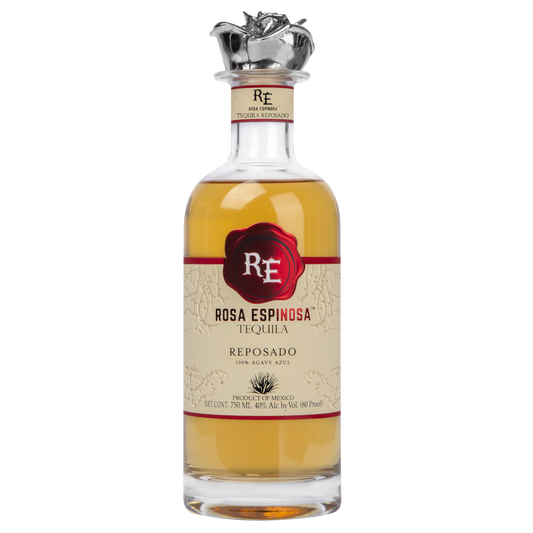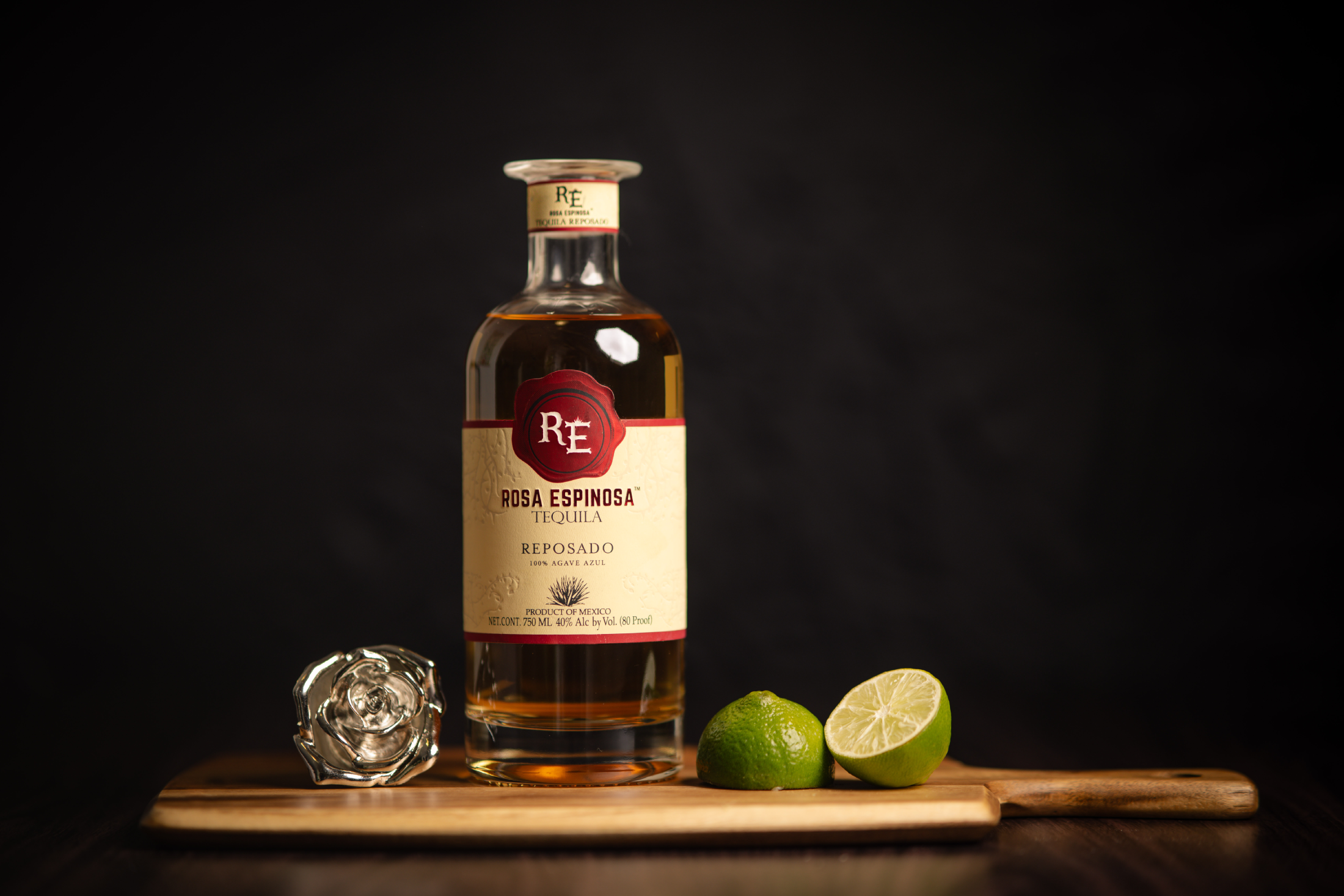
Reposado Reimagined
Taste the smoothness of roasted agave, perfectly balanced with hints of vanilla and caramel. Smoky tequila done right.
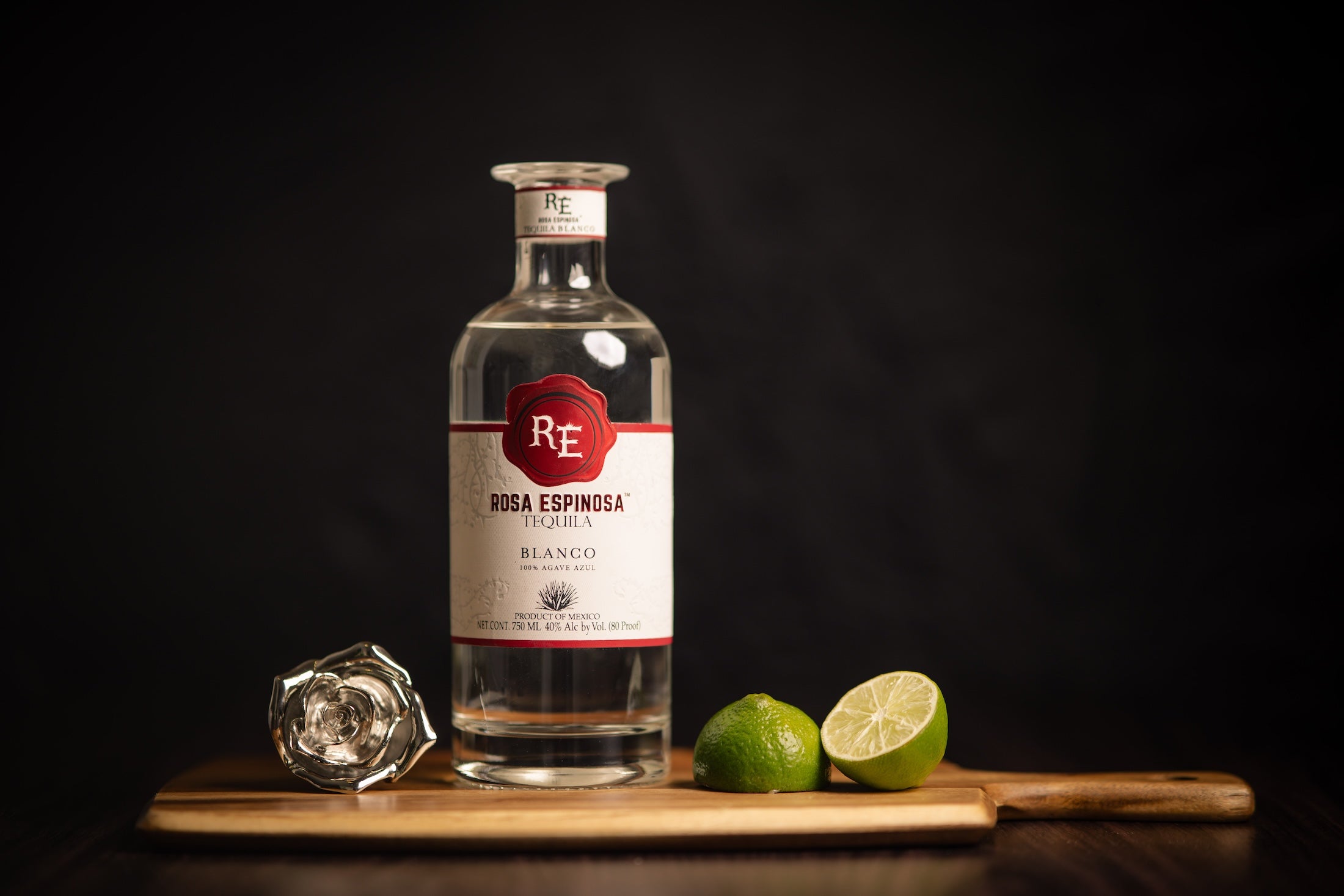
Pure Blanco Tequila
Delectably smooth tequila with notes of citrus, pepper, and fresh agave. Perfect for those enjoying tequila neat or on the rocks.

Proud to Contribute to Something Bigger
Rosa Espinosa works directly with Music 4 Miracles to contribute to charitable efforts helping children across the country.
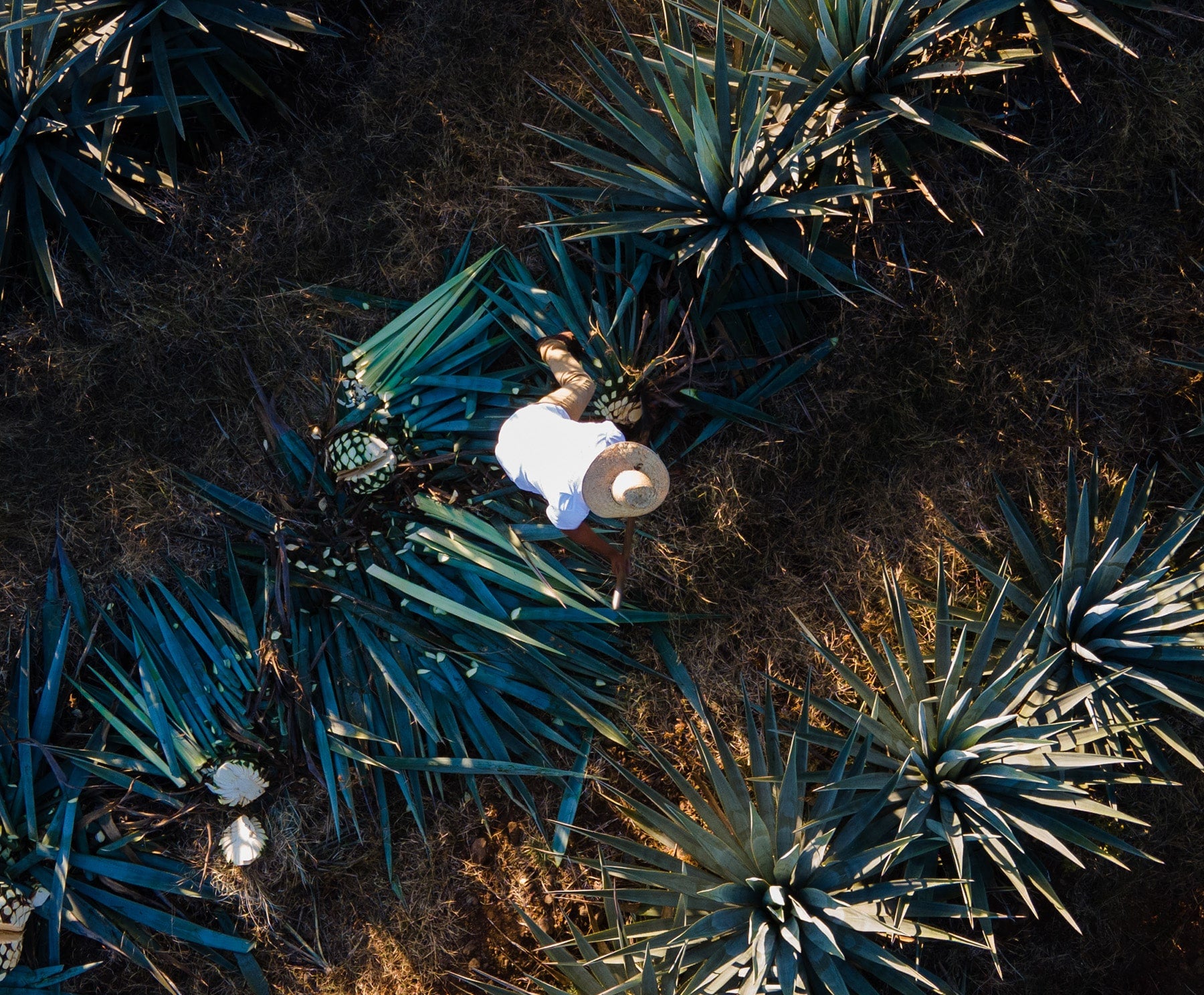
Crafted with Traditional Methods
Real Mexican tequila comes from quality production rooted in history. Learn more about the production of our authentic tequila.
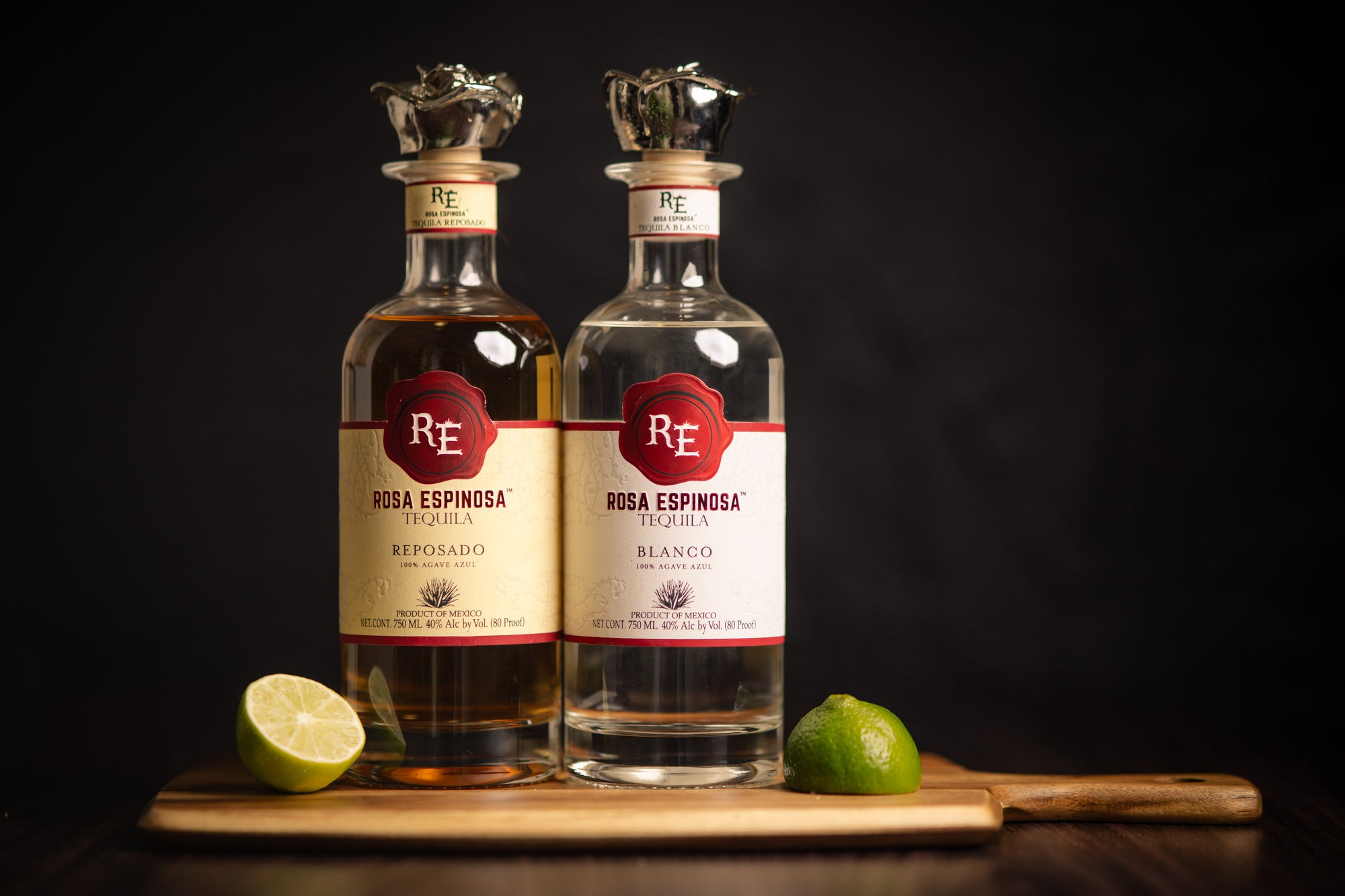
High End Tequila at Affordable Prices
At Rosa Espinosa, we believe that everyone deserves the opportunity to enjoy high-quality tequila at reasonable prices. That's why we've made it our mission to offer affordable tequila that is accessible to all. We go to great lengths to ensure that all our customers can indulge in premium tequila without breaking the bank. Browse our full selection below:
-
Tequila Blanco
Regular price $59.99 USDRegular priceUnit price / per$0.00 USDSale price $59.99 USD -
Tequila Reposado
Regular price $64.99 USDRegular priceUnit price / per$0.00 USDSale price $64.99 USD -
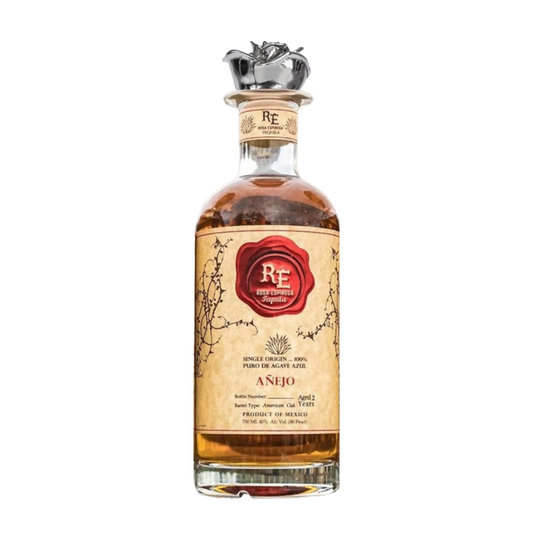 Coming Soon
Coming SoonTequila Añejo
Regular price $0.00 USDRegular priceUnit price / per$0.00 USDSale price $0.00 USDComing Soon -
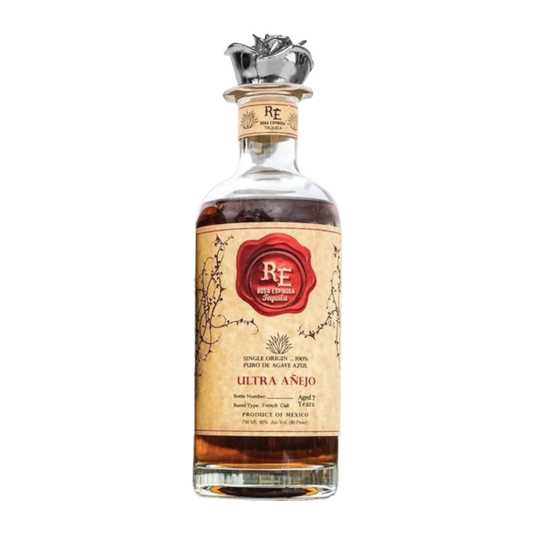 Coming Soon
Coming SoonTequila Ultra Añejo
Regular price $0.00 USDRegular priceUnit price / per$0.00 USDSale price $0.00 USDComing Soon
Rosa Espinosa Tequila - Perfect for Margaritas
We Respect the Pride and Passion Involved in Producing Real Mexican Tequila
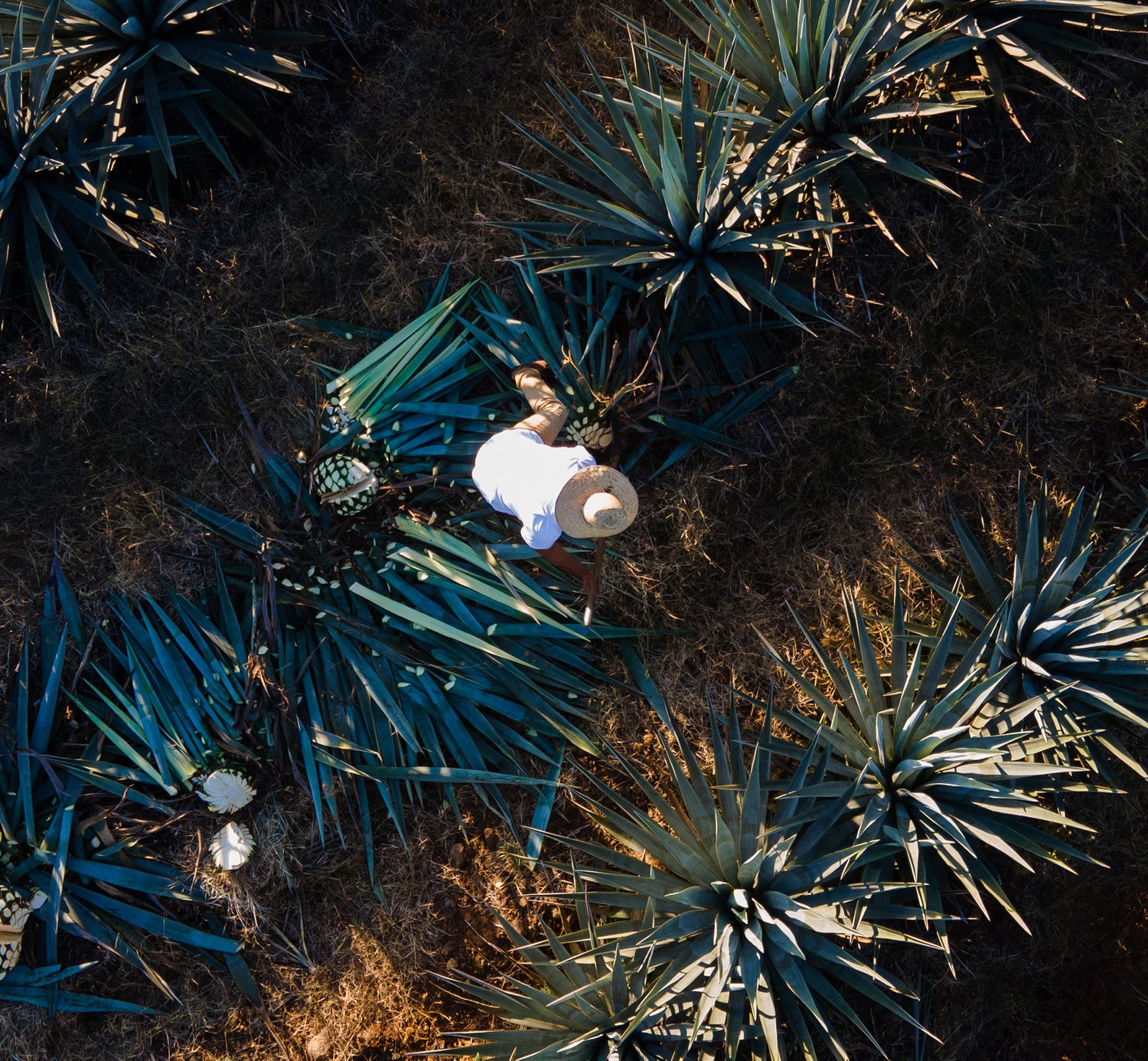
Plantation
The tequila production process lasts between 7 and 9 years and begins with the planting of the agave tequilana Weber blue variety, which is the raw material used for the production of authentic tequila.
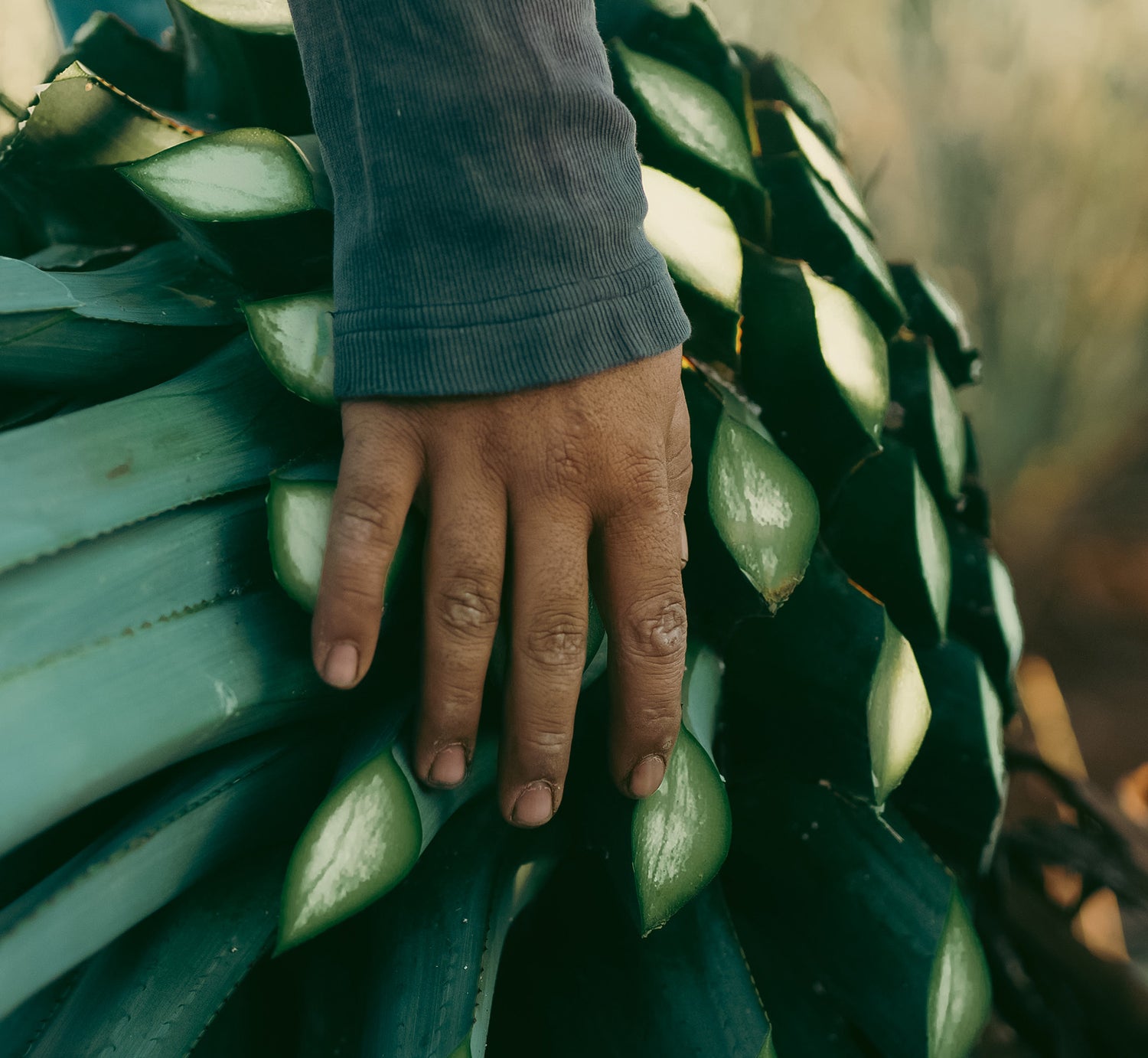
Jima
This step consists of separating the unusable part of the leaves or pencas of agave when they has reached the appropriate development for its industrialization
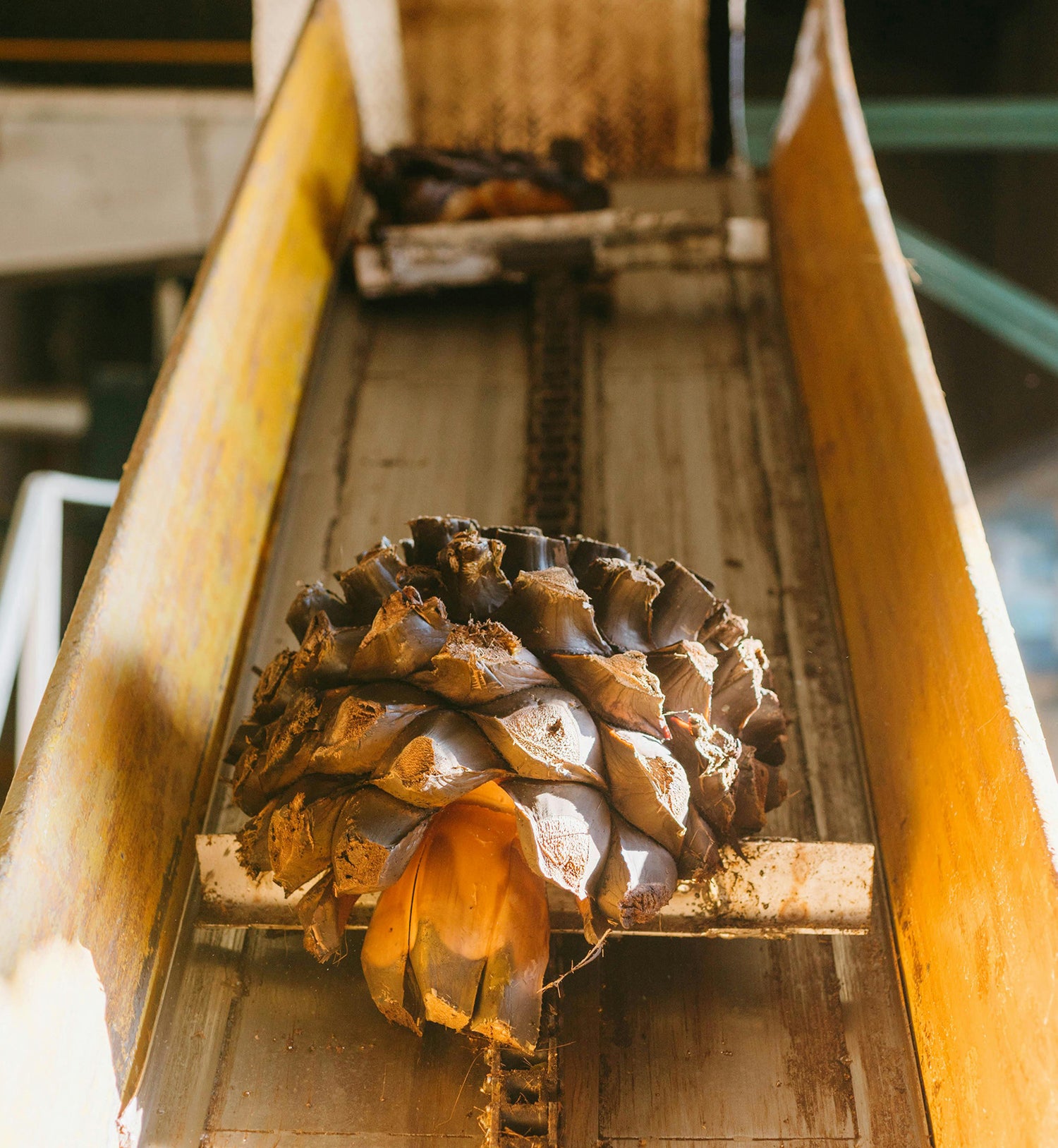
Cooking
The approximate time for cooking a batch of agave pineapples in an autoclave is approximately 12 hours, depending on the size of the oven, the pressure used and the number of pineapples that are placed, reduces the cooking time by more than a third.
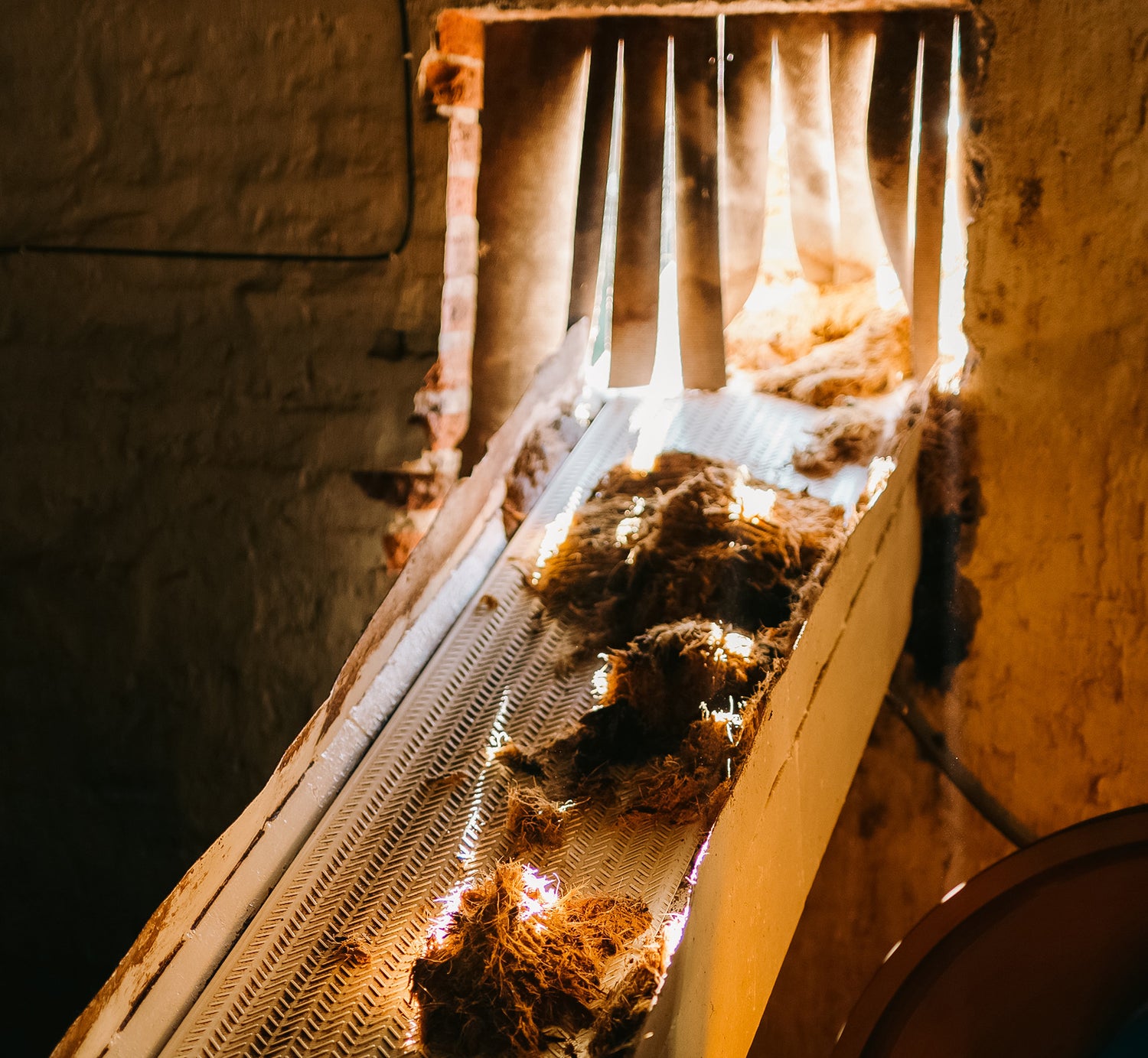
Milling
Once cooked, the agave plant is torn by pressing or shredding the fibers either in a mill or in a tahona to extract the sugar from the juice that was obtained.
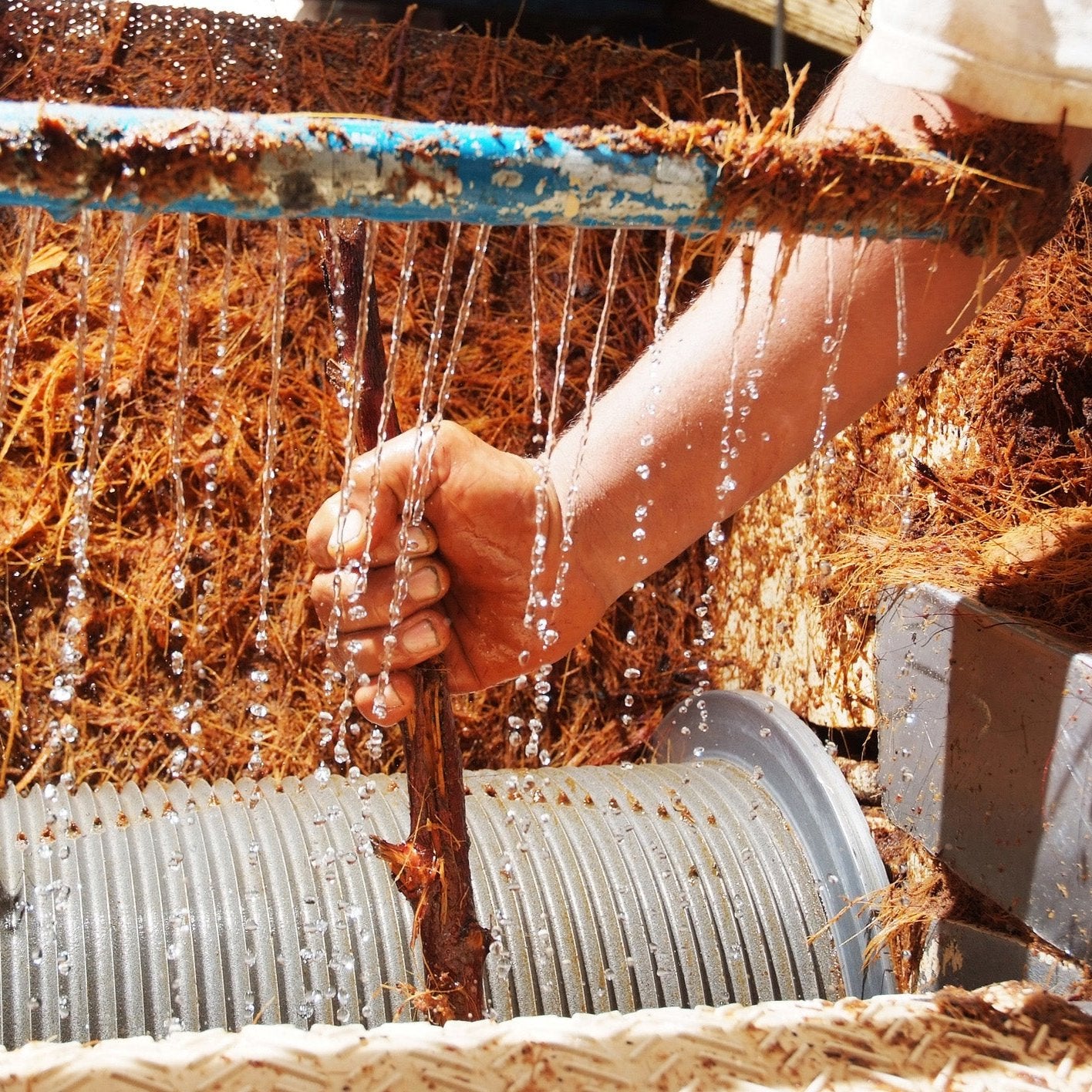
Extraction
The diffuser allows us to extract the sugars from the agave in a gentle way. It is important that the raw material has a proper preparation for extraction, so that the agave fiber is exposed and is as open as possible so that once it encounters the water the maximum possible amount of the sugars can be extracted.
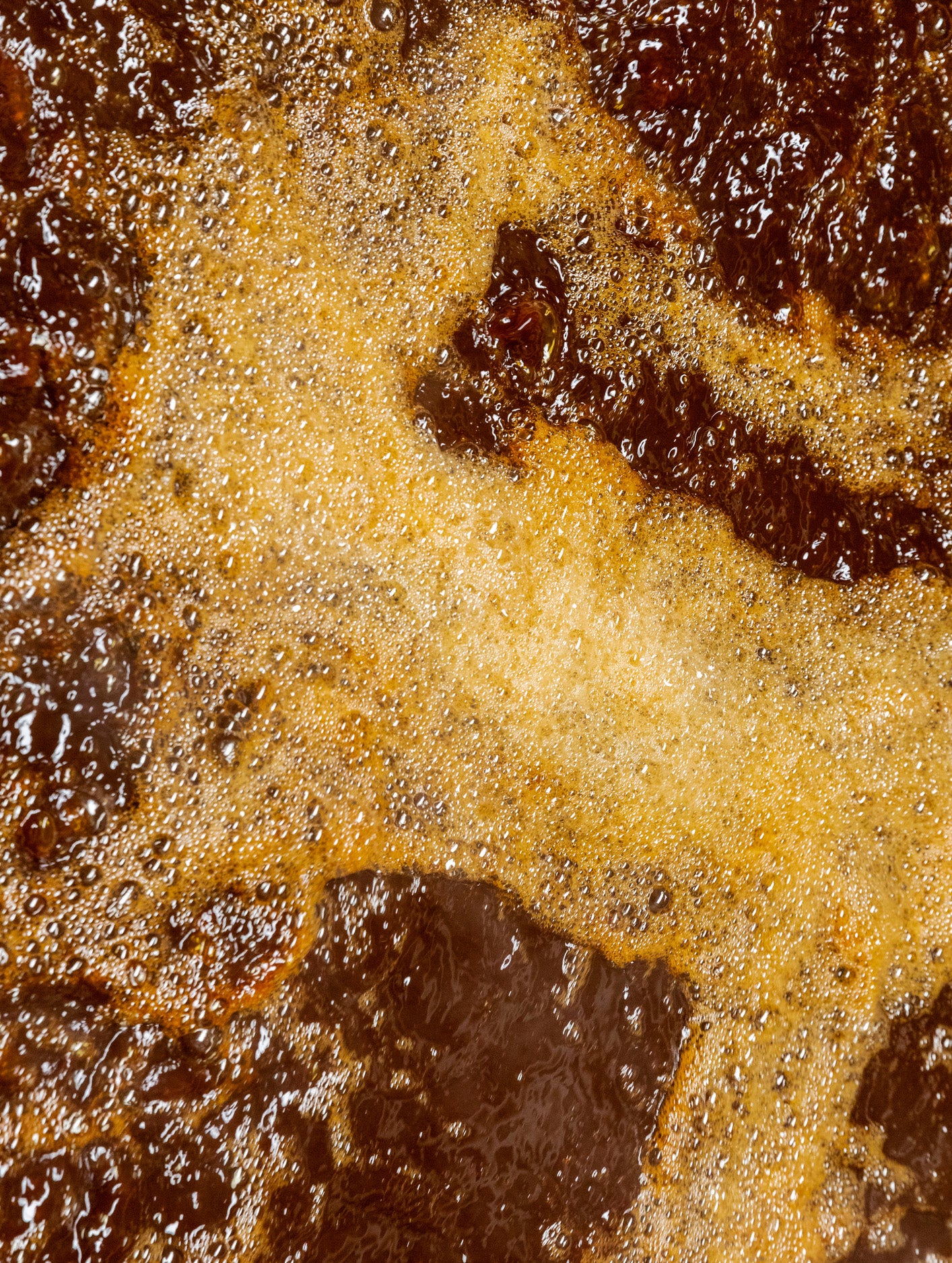
Fermentation
At this stage of the process, the sugars present are transformed, by passing through the yeast, into alcohol and carbon dioxide. At this stage, other compounds will also be formed that will contribute to the final sensations and characteristics of tequila.
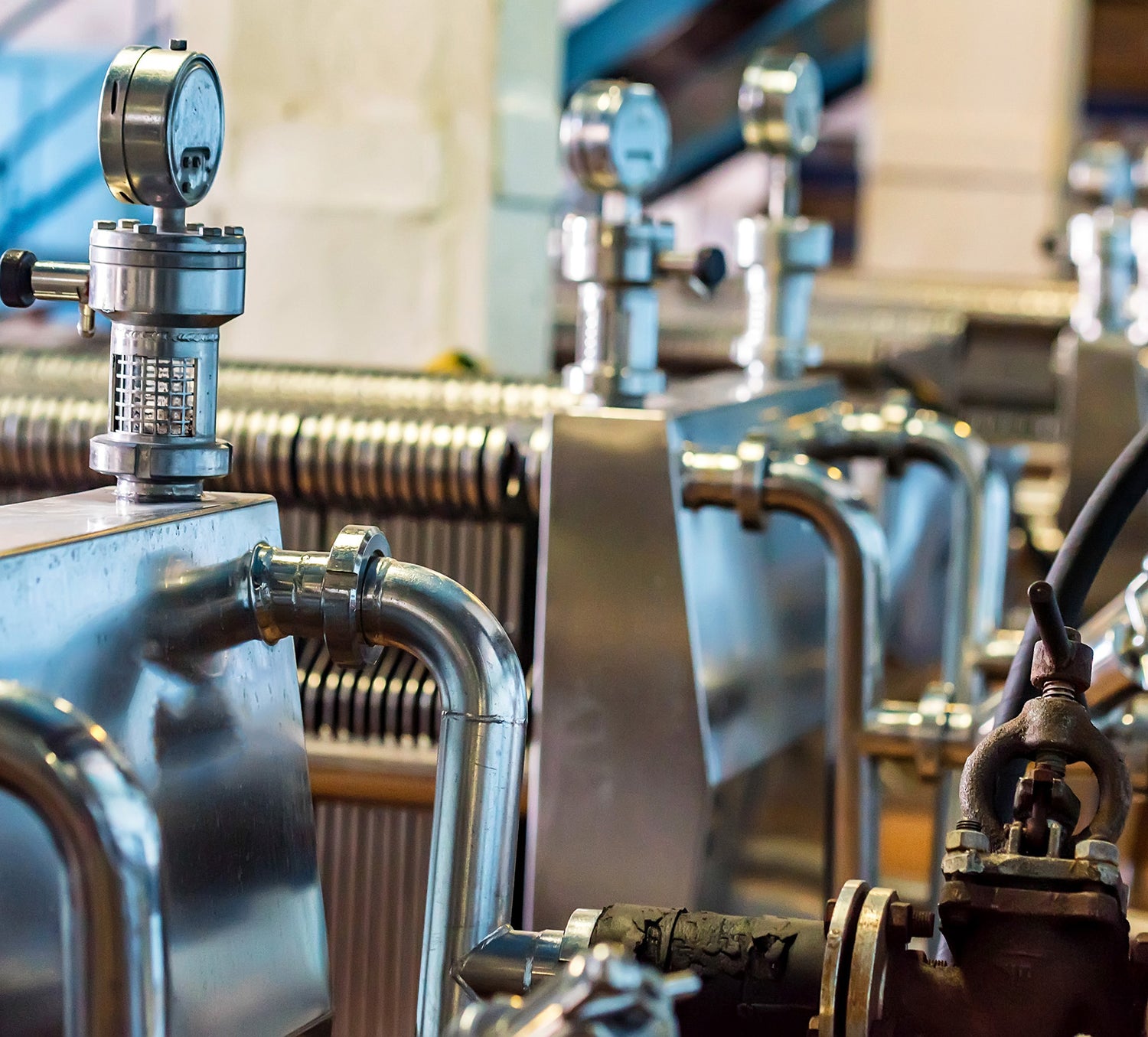
Filtration
The filtration of a tequila itself is the process of separating solid particles present in tequila.
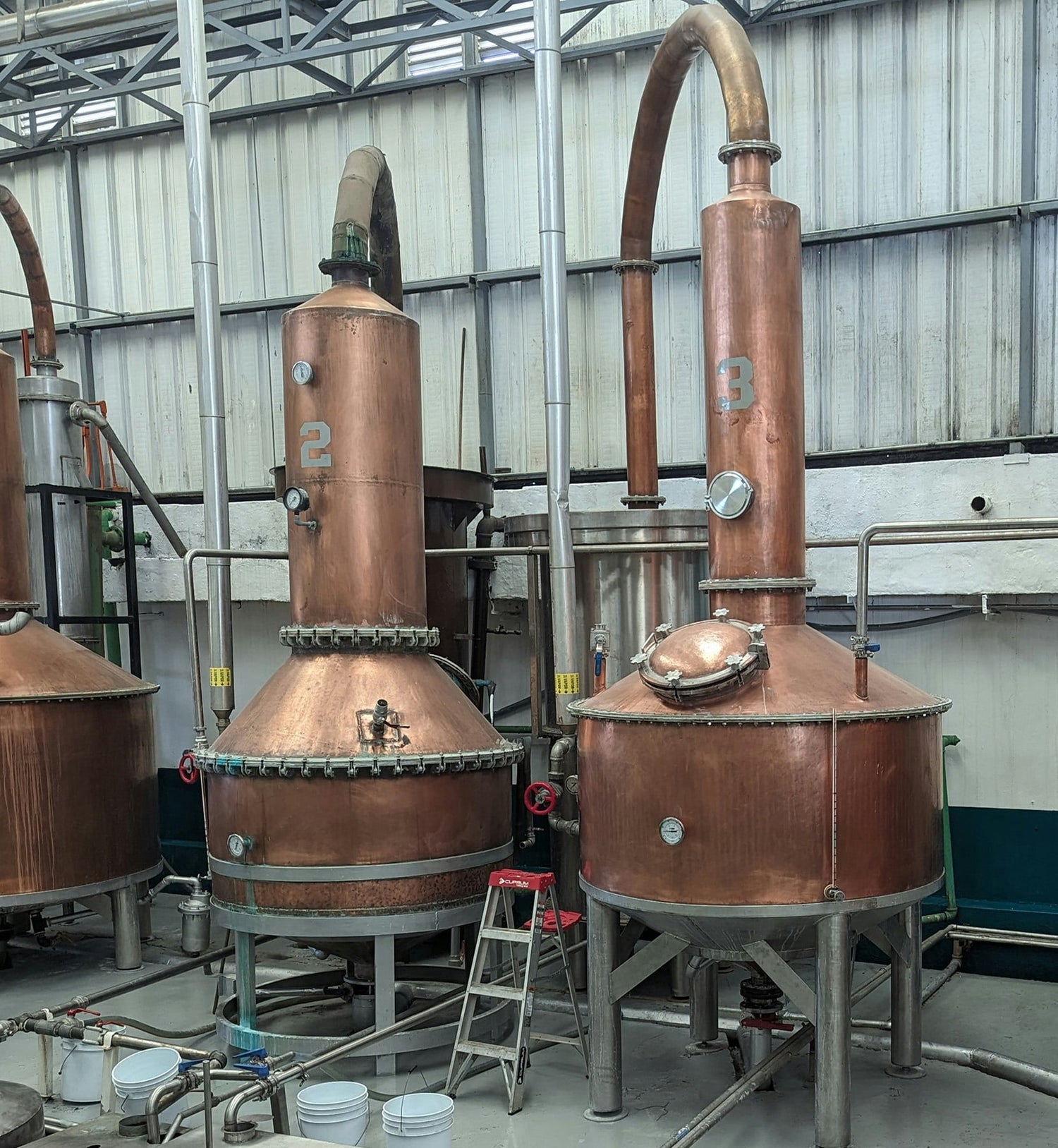
Distillation
Organic tequila must be distilled at least twice. The first distillation is carried out in devices called distillation columns. In this step, water is removed and the more volatile alcohols of the fermentation are evaporated. The second distillation further purifies the solution and ideally results in a tequila with an alcohol range between 55-65%.
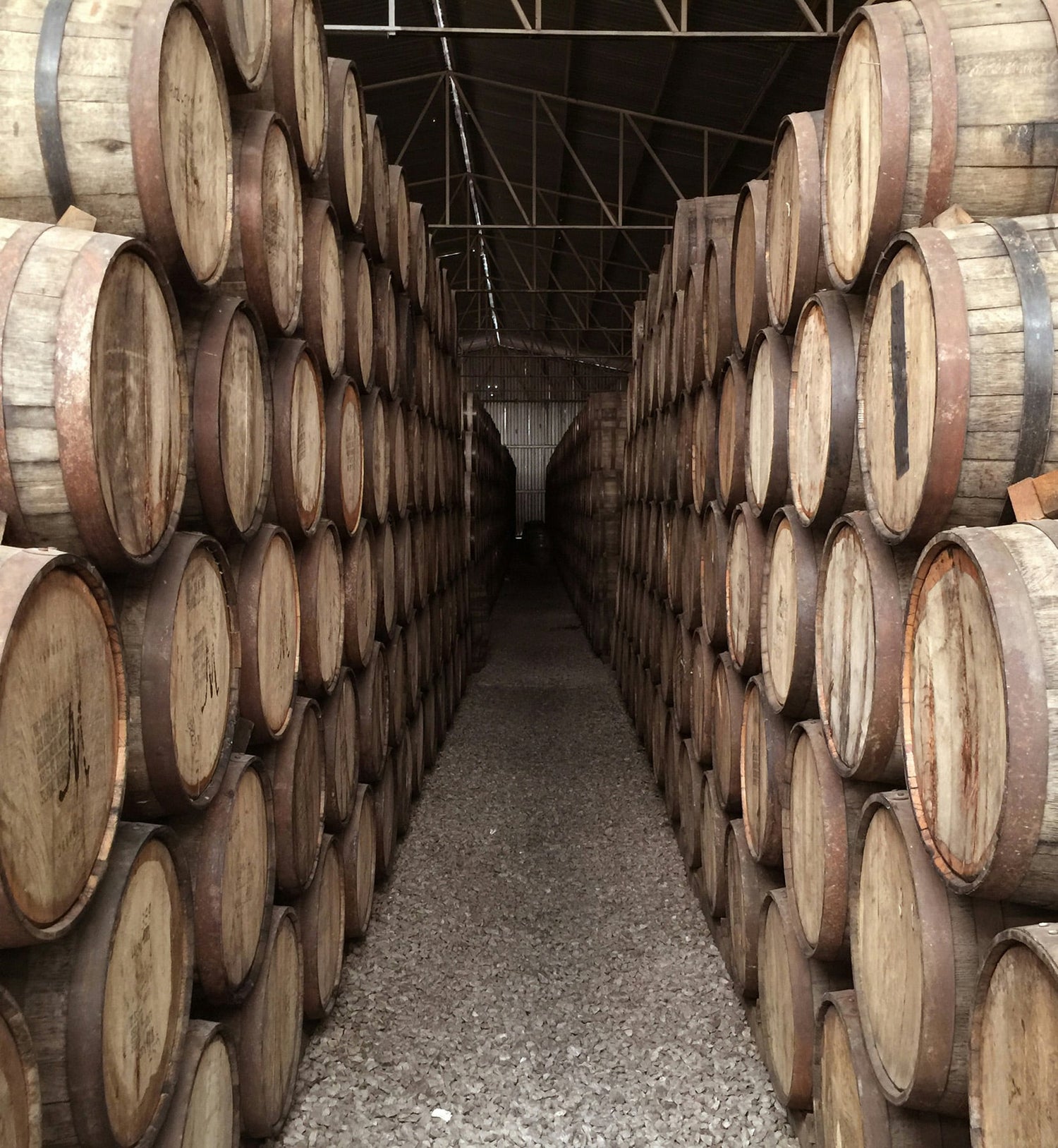
Aging
Authentic tequila undergoes an aging process, usually in American white oak barrels. Exact aging time varies depending on the tequila style. Tequila añejo is aged longer than reposado tequila, which is aged longer than tequila blanco. Tequila Añejo should never age less than 12 months and can be barrel aged up to 35 months.
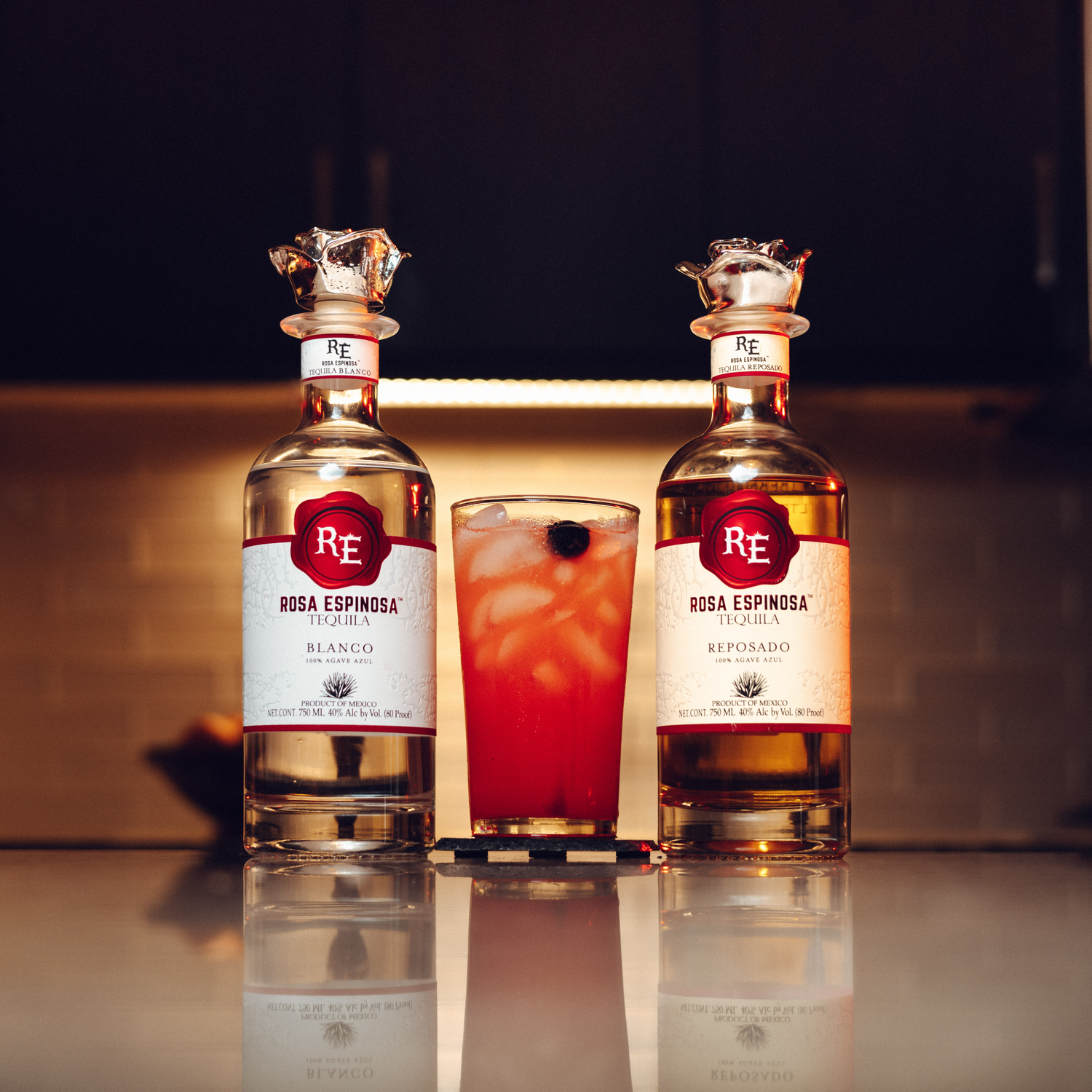
Packaging
100% tequila agave must be packaged by the manufacturer within the protected area of Jalisco, Mexico designated under strict supervision of tequila regulators.
Let's Talk Tequila
View all-
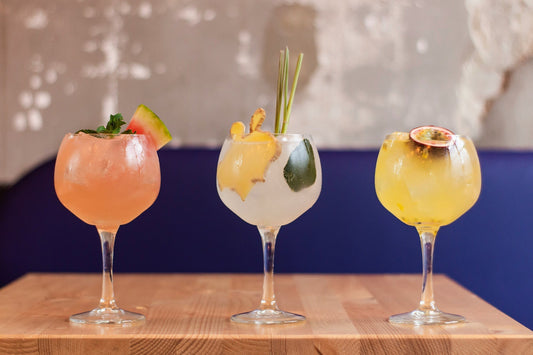
Best Margarita Recipes To Shake Up Your Cocktai...
Who doesn’t love a good ol’ margarita, right? This classic cocktail is the perfect blend of tangy citrus, a hint of sweetness, and a kick of tequila that can turn...
Best Margarita Recipes To Shake Up Your Cocktai...
Who doesn’t love a good ol’ margarita, right? This classic cocktail is the perfect blend of tangy citrus, a hint of sweetness, and a kick of tequila that can turn...
-
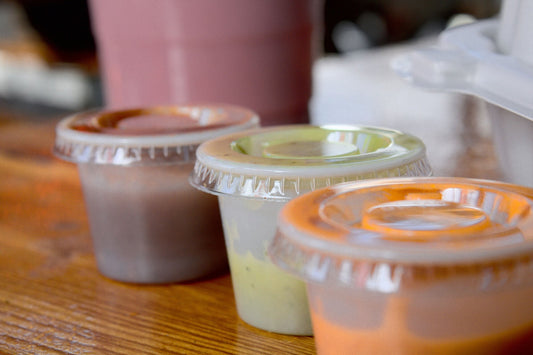
The Ultimate Tequila and Salsa Pairing Guide
Picture this: It's a sunny afternoon, and you're planning a chill backyard party with friends. There's a table laden with a bunch of homemade salsas but you feel like something...
The Ultimate Tequila and Salsa Pairing Guide
Picture this: It's a sunny afternoon, and you're planning a chill backyard party with friends. There's a table laden with a bunch of homemade salsas but you feel like something...
-
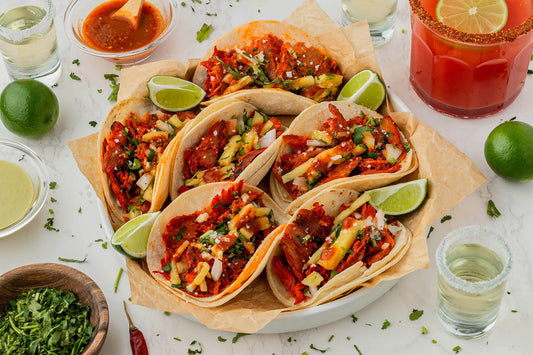
Must-Try Taco and Tequila Pairings
Finding the right tequila to complement your tacos can make the whole experience one to remember. Here's your guide to pairing your favorite tacos with Rosa Espinosa tequila.
Must-Try Taco and Tequila Pairings
Finding the right tequila to complement your tacos can make the whole experience one to remember. Here's your guide to pairing your favorite tacos with Rosa Espinosa tequila.
